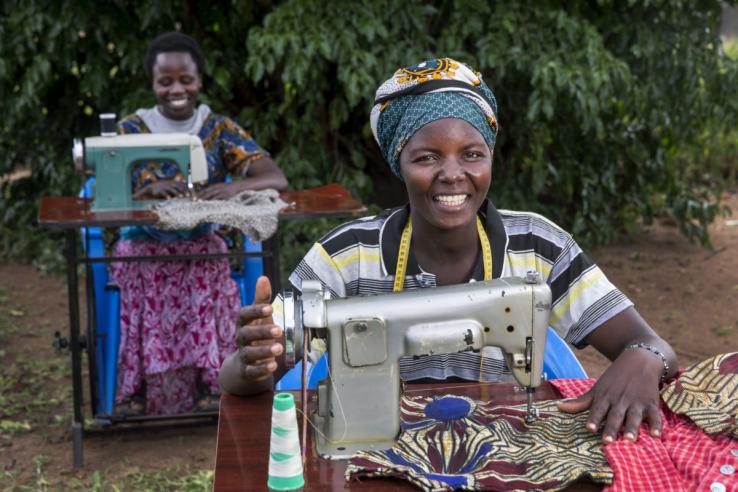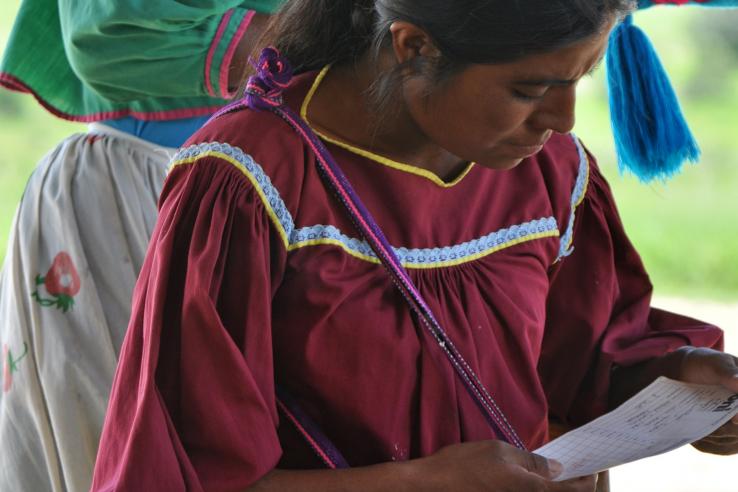Displaying 16 - 30 of 1291
Evaluation
Researchers investigated how two different free tuition programs for low-income students affected application and enrollment to the University of Michigan. An unconditional offer substantially increased application and enrollment while a conditional offer had a much smaller effect on applications and zero effect on enrollment.
Evaluation
Researchers conducted a randomized evaluation to test the impact of short informational meetings with students and parents on secondary school choice. They found that these meetings increased students’ and parents’ knowledge of the application process and led students to pick lower-cost and more commutable schools.
Evaluation
Researchers in rural Western Uganda tested whether a microfinance program can help women borrowers switch out of subsistence agriculture to other labor activities, such as entrepreneurship or small-scale trading. While microloans helped women switch into service-based jobs including small-scale trading, they had no impact on income, spending, savings, and overall wealth.
Evaluation
Career counseling for young, college-educated job seekers in France helped them find work sooner, but this improvement came at the expense of jobs for those who did not receive counseling, and it did not translate into a long-term increase in employment rates.
Evaluation
Researcher evaluated whether mothers’ literacy classes and home-learning participation trainings could improve children’s learning outcomes. The interventions had small positive impacts on mother and child learning levels.
Evaluation
Researchers expanded microcredit offerings in Sonora, Mexico to evaluate the effect of improved credit access on economic and social outcome. They found that microcredit increased access to formal financial services and enabled some businesses to expand, but did not increase household income or prompt new business creation.
Evaluation
Social programs in developing countries are often plagued by corruption, especially within the flow of funds from the central government to beneficiaries. For the Mahatma Gandhi National Rural Employment Guarantee Scheme (MGNREGS) in India, the central government disburses funds to local governments based on projected spending. In Bihar, researchers tested the effect of an information technology reform that linked the flow of funds to actual expenditures and reduced the number of officials involved in the process. The reform reduced program expenditures by 24 percent without a concurrent decrease in MGNREGS employment or wages received, suggesting that increased transparency reduced leakage. These results led to a national scale-up of the fund-flow model, with sustained effects.






